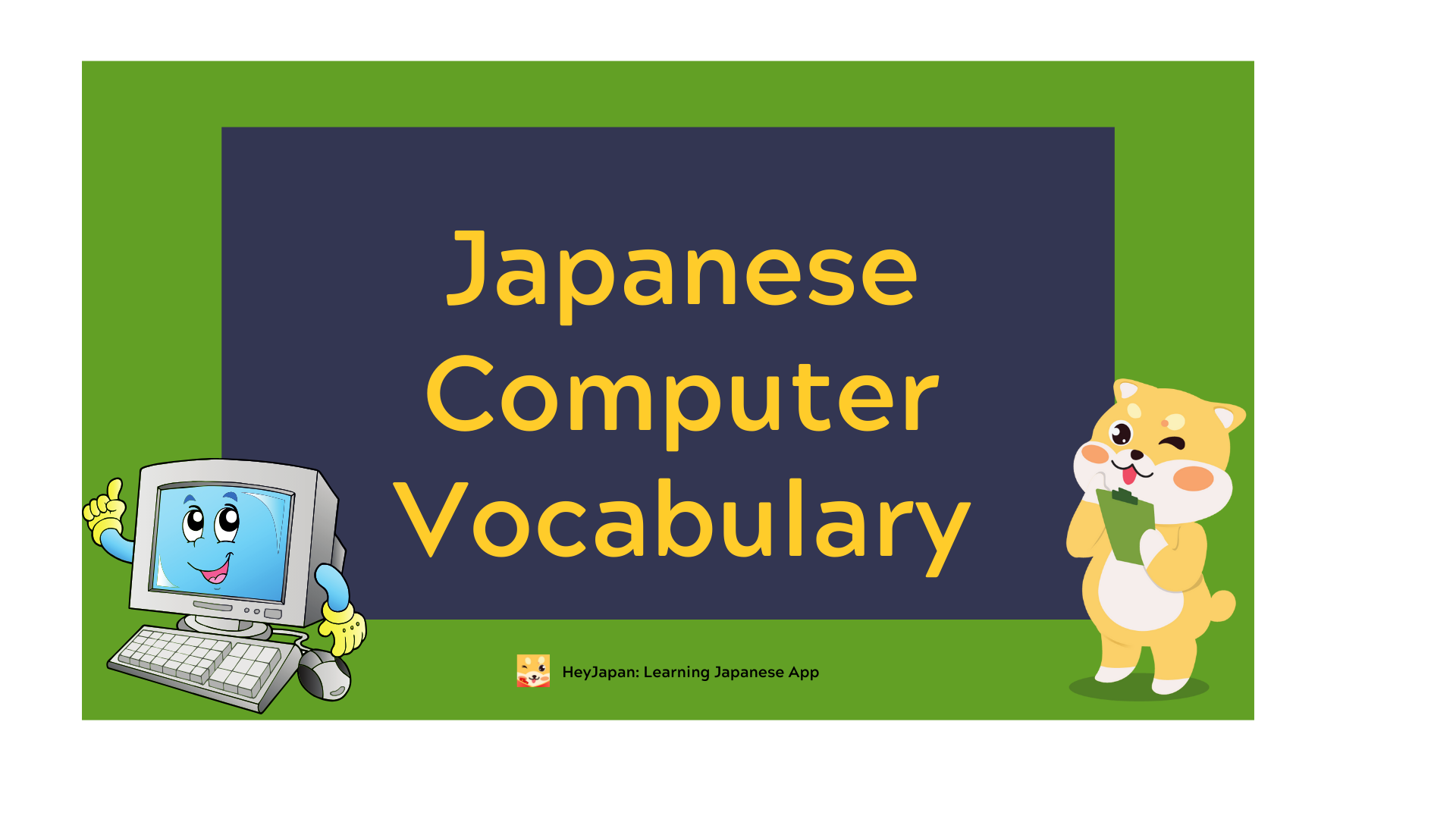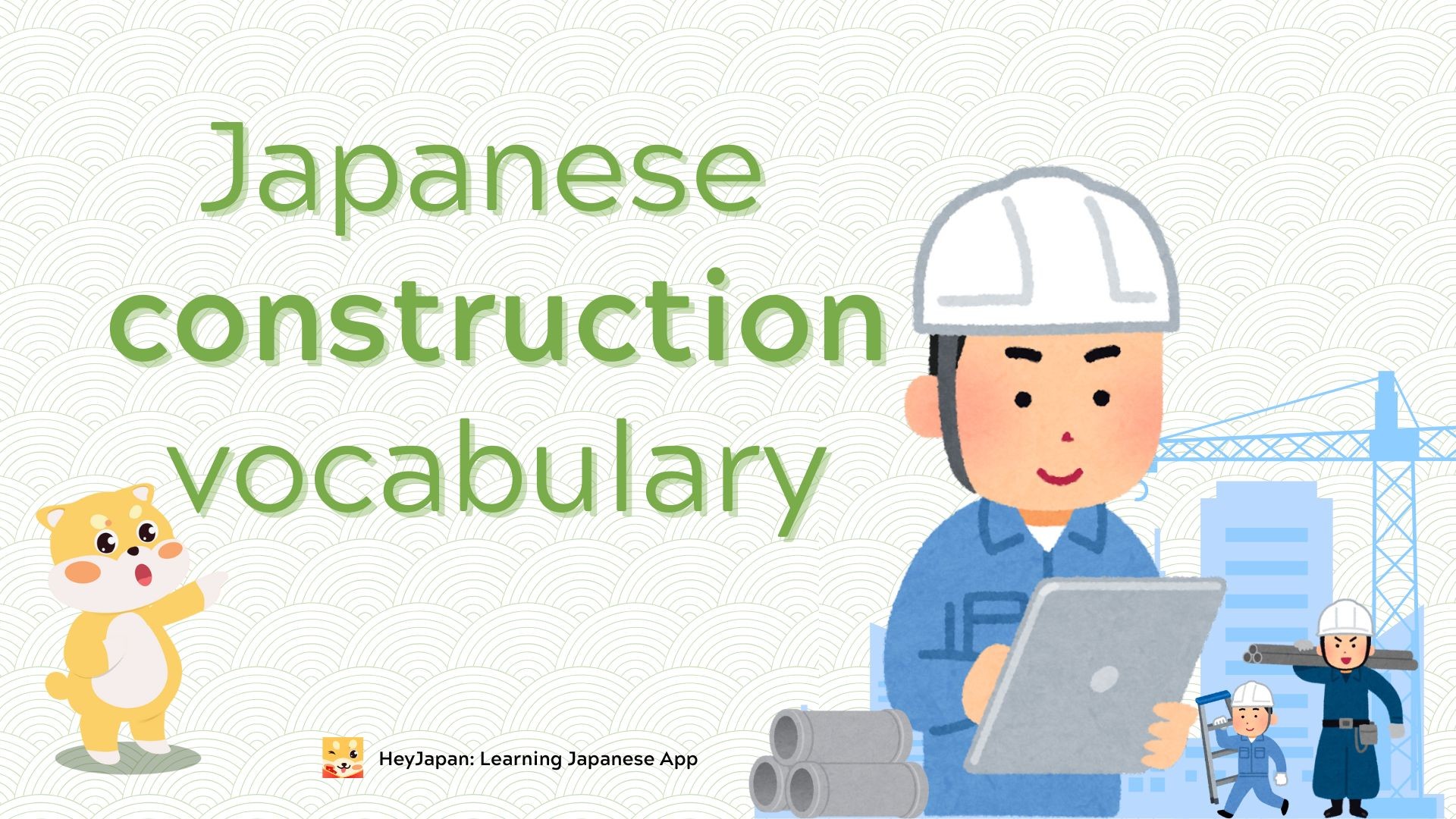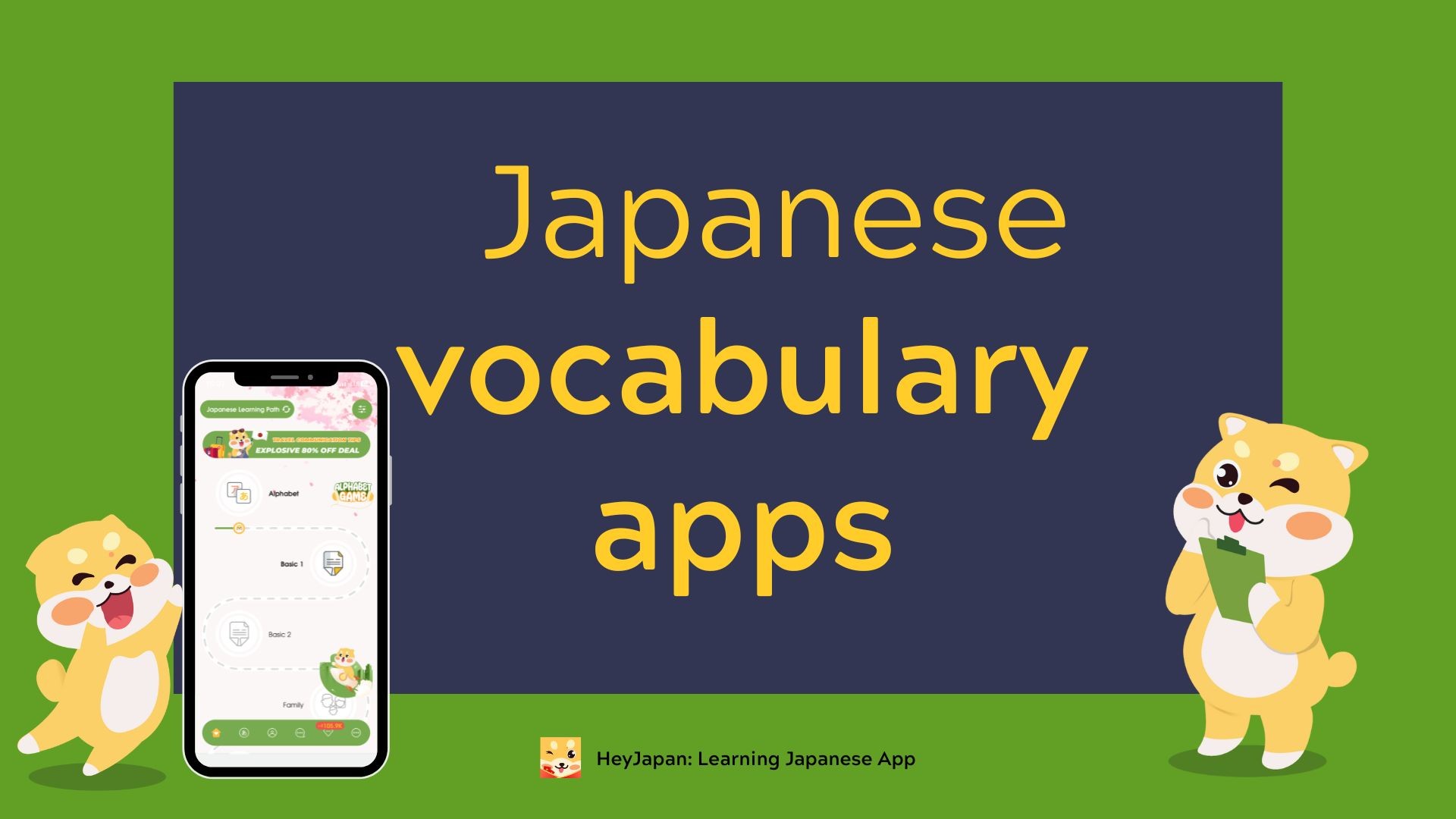- 1. Introduction
- 2. Why Learn Basic Japanese?
- 3. Basic Japanese Knowledge for Tourists
- 3.1 Japanese Alphabet (Hiragana, Katakana, and Kanji)
- 3.2 Basic Japanese Grammar
- 4. Greetings and Polite Expressions
- 5. Ordering Food and Drinks
- 6. Asking for Directions
- Navigating through Japan's intricate transportation systems can be overwhelming. Use these useful basic Japanese phrases to ask for directions:
- 7. Transportation and Getting Around
- 8. Cultural Etiquette
- Understanding Japanese cultural norms can help you navigate social interactions with grace and respect. Consider the following etiquette tips:
- 9. Must-Try Experiences
- 10. Japanese Festivals and Events
- Conclusion
- FAQs
Are you planning a trip to Japan this year? It's an enchanting country with a rich culture, fascinating history, and breathtaking landscapes. While English is commonly spoken in major cities and tourist areas, knowing a few basic Japanese phrases can greatly enhance your travel experience. In this article, we will provide you with essential Japanese phrases and tips to make your journey through Japan more enjoyable and memorable.
1. Introduction
Japan, known as the Land of the Rising Sun, has a unique blend of ancient traditions and modern innovations. While traveling, even a basic understanding of the local language can bridge the cultural gap and show respect to the locals. Here are some compelling reasons why you should learn a few basic Japanese phrases before your trip.
2. Why Learn Basic Japanese?
Enhanced Communication: Speaking a few words in Japanese can help you communicate with locals who may not be fluent in English, allowing you to seek assistance, ask for directions, or engage in friendly conversations.
Cultural Appreciation: Learning basic Japanese shows your interest in Japanese culture and fosters a deeper appreciation for the country's customs and traditions. It allows you to connect with locals on a more personal level.
Increased Independence: With some knowledge of Japanese, you can navigate public transportation, read signs, menus, and maps more easily, making you less reliant on others during your journey.
Immersive Experience: By making an effort to learn Japanese phrases, you'll immerse yourself in the local culture, gaining unique insights and creating memorable experiences beyond what guidebooks can offer.
3. Basic Japanese Knowledge for Tourists
3.1 Japanese Alphabet (Hiragana, Katakana, and Kanji)
In order to understand and read Japanese text, it's important to have knowledge of the three writing systems used in the language:
- Hiragana: Hiragana is a phonetic script consisting of 46 characters representing syllables. It is used for native Japanese words, verb conjugations, and grammatical particles.
- Katakana: Katakana is another phonetic script with the same 46 characters as hiragana. It is primarily used for foreign words, loanwords, and onomatopoeic expressions.
- Kanji: Kanji are Chinese characters adopted into the Japanese writing system. Kanji characters represent whole words or parts of words and convey both meaning and pronunciation. There are thousands of kanji characters, but around 2,000 are commonly used.
3.2 Basic Japanese Grammar
Understanding the basic grammar structures of Japanese will help you form sentences and communicate more effectively. Here are a few key grammar points:
Subject-Object-Verb (SOV) Word Order: Japanese typically follows the pattern of placing the subject first, then the object, and finally the verb. For example, "I (subject) eat sushi (object)" would be expressed as "Watashi wa sushi o tabemasu" in Japanese.
Particles: Particles play an important role in Japanese sentences, indicating the grammatical function of words and their relationships. For example, the particle "wa" marks the topic of a sentence, while "ga" marks the subject. The particle "no" shows possession.
Verb Conjugation: Japanese verbs undergo conjugation based on tense, politeness level, and other factors. Common verb forms include the dictionary form, masu form (polite), te-form (used for making requests and connecting verbs), and imperative form (used for giving commands).
Adjectives: Adjectives in Japanese come before the noun they modify and agree with the noun in terms of tense, politeness, and other factors. They can also be conjugated to express different forms.
Now that we understand the importance of learning basic Japanese, let's delve into some essential phrases for your travel adventure.
4. Greetings and Polite Expressions
In Japan, greetings are crucial for initiating conversations and showing respect. Here are some useful basic Japanese phrases and polite expressions you can use:
- Konnichiwa - Hello (used during the day)
- Ohayō gozaimasu - Good morning
- Konbanwa - Good evening
- Arigatō gozaimasu - Thank you (formal)
- Sumimasen - Excuse me/I'm sorry
- Hai - Yes
- Iie - No
- Onegaishimasu - Please
- O-genki desu ka? - How are you?
- Oishii - Delicious
Learn Japanese for free through our website here: https://heyjapan.net/lessons?hl=en
5. Ordering Food and Drinks
Exploring Japan's renowned cuisine is an adventure in itself. To enhance your dining experience, familiarize yourself with these phrases:
- Menyū o onegaishimasu - Menu, please.
- Kore o kudasai - I'll have this, please.
- Osusume wa nan desu ka? - What do you recommend?
- Gochisōsama deshita - Thank you for the meal (after finishing)
- Biiru o kudasai - Beer, please.
- Omizu o kudasai - Water, please.
- Eigo menyū wa arimasu ka? - Do you have an English menu?
6. Asking for Directions
Navigating through Japan's intricate transportation systems can be overwhelming. Use these useful basic Japanese phrases to ask for directions:
Eki wa doko desu ka? - Where is the train station?
Koko e ikimasu ka? - Does this go to this place?
Toire wa doko desu ka? - Where is the restroom?
Michi o oshiete kudasai - Please show me the way.

Amazing views that you won't want to miss when you visit Japan
7. Transportation and Getting Around
Efficient transportation systems make traveling in Japan a breeze. Here are some phrases to help you navigate:
- Doko made ikimasu ka? - How do I get to this place?
- Basu no jikokuhyō o misete kudasai - Please show me the bus schedule.
- Sumimasen, kono densha wa eki e ikimasu ka? - Excuse me, does this train go to the station?
8. Cultural Etiquette
Understanding Japanese cultural norms can help you navigate social interactions with grace and respect. Consider the following etiquette tips:
Bow - A slight bow is a common way to greet and show respect.
Remove shoes - In many places, including traditional establishments and homes, it's customary to take off your shoes before entering.
Avoid pointing with fingers - Instead, use an open hand or gesture with your whole hand.
Say "itadakimasu" before meals - It means "I gratefully receive" and shows gratitude for the food.
Respect personal space - Maintain an appropriate physical distance when interacting with others.
9. Must-Try Experiences
Immerse yourself in Japan's rich culture by trying these unique experiences:
Onsen: Relax in natural hot springs and experience traditional bathing customs.
Tea Ceremony: Participate in a traditional Japanese tea ceremony and learn about the art of tea preparation.
Kimono Rental: Dress up in a beautiful kimono and explore historic areas.
Sumo Wrestling: Watch a sumo wrestling match and witness this ancient sport.
Manga and Anime: Visit Akihabara in Tokyo, the hub of manga and anime culture.
10. Japanese Festivals and Events
Experience the vibrancy and cultural richness of Japanese festivals and events:
Sakura Matsuri: Cherry blossom festivals held across the country during spring.
Gion Matsuri: A famous festival in Kyoto featuring vibrant parades and traditional performances.
Tanabata: Celebrated on July 7th, it's a festival where people write their wishes on colorful paper and hang them on bamboo.
Fireworks Festivals: Spectacular fireworks displays light up the summer skies across Japan.

Coming to Japan, you absolutely should not miss festivals
Here are some websites where you can find information about festivals in Japan:
- Japan National Tourism Organization (JNTO) - The official tourism website of Japan provides detailed information about various festivals throughout the country. You can visit their website at: https://www.japan.travel/en/
- Japan Guide - Japan Guide is a popular travel website that provides information about various aspects of traveling in Japan, including festivals. They offer detailed guides and articles about specific festivals and their significance. You can check their festival section at: https://www.japan-guide.com/e/e2063.html
- All About Japan - All About Japan is an online resource that covers a wide range of topics related to Japanese culture, including festivals. They provide articles and guides on different festivals celebrated across the country. You can find festival information on their website: https://allabout-japan.com/en/
Conclusion
Learning some basic Japanese phrases will undoubtedly enhance your travel experience in Japan. From greetings to ordering food, navigating transportation, and immersing yourself in the culture, knowing a few key phrases will open doors and create memorable connections. Embrace the unique customs, indulge in delicious cuisine, and explore the captivating beauty of Japan. So, pack your bags and embark on an unforgettable journey to the Land of the Rising Sun!
FAQs
Q: How long does it take to learn basic Japanese? A: The time required to learn basic Japanese can vary depending on your dedication and study habits. With consistent effort, you can acquire useful phrases in a few weeks.
Q: Is English widely spoken in Japan? A: While English is spoken in major cities and tourist areas, it's always helpful to know some basic Japanese to navigate more remote areas and interact with locals.
Q: Are there any cultural taboos I should be aware of? A: Yes, it's important to be aware of certain cultural norms, such as avoiding tipping, not blowing your nose in public, and not sticking chopsticks upright in your food.
Q: Are there any language apps or resources I can use to learn Japanese? A: Yes, there are several language learning apps and online resources available, such as Duolingo, HeyJapan and Tofugu, which offer interactive lessons and practice exercises.
Q: Can I get by with just English in Japan? A: While you can navigate major cities with English, knowing basic Japanese phrases will greatly enhance your travel experience and make interactions with locals more meaningful.









